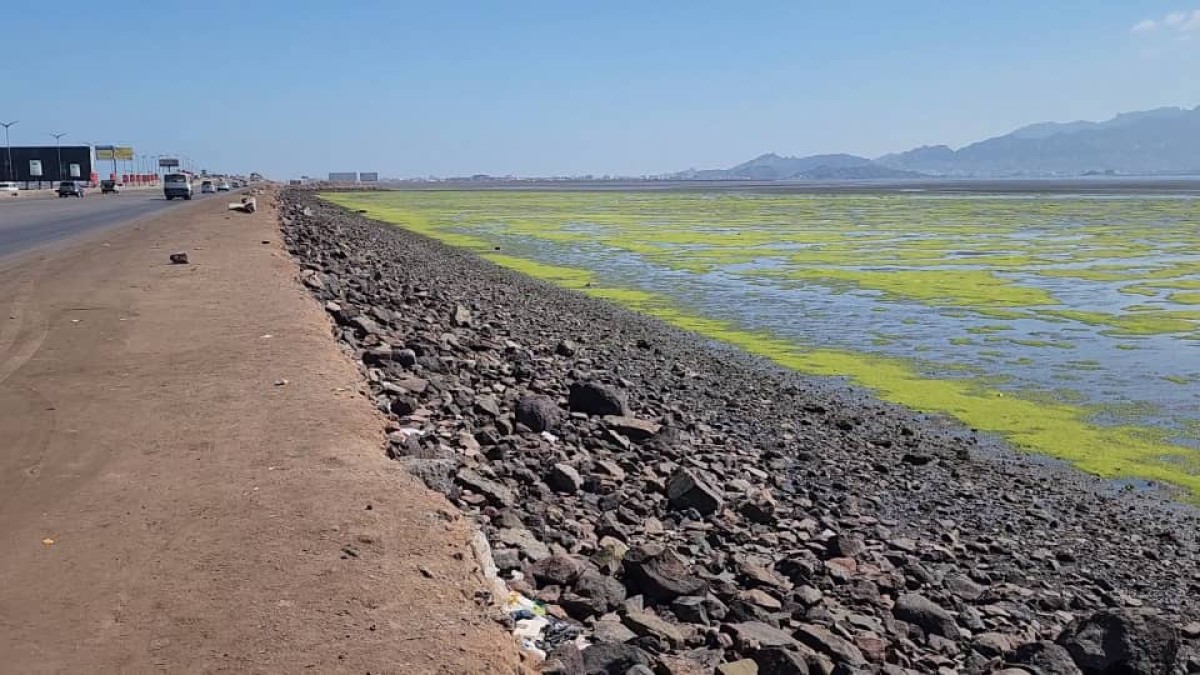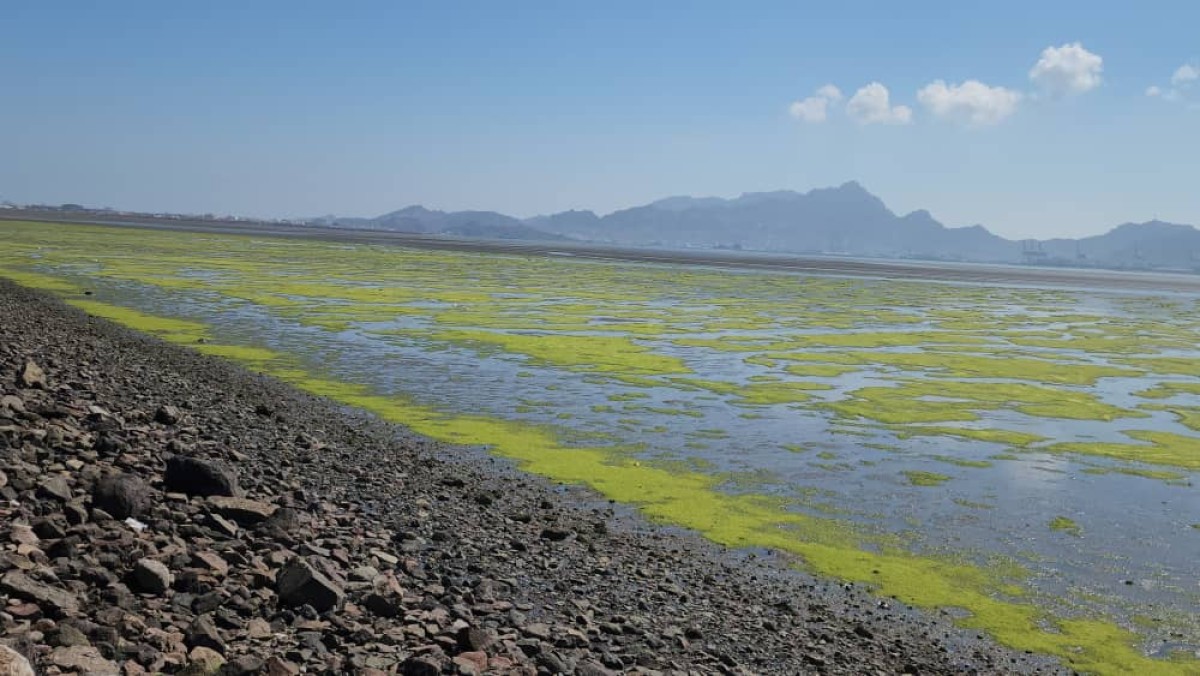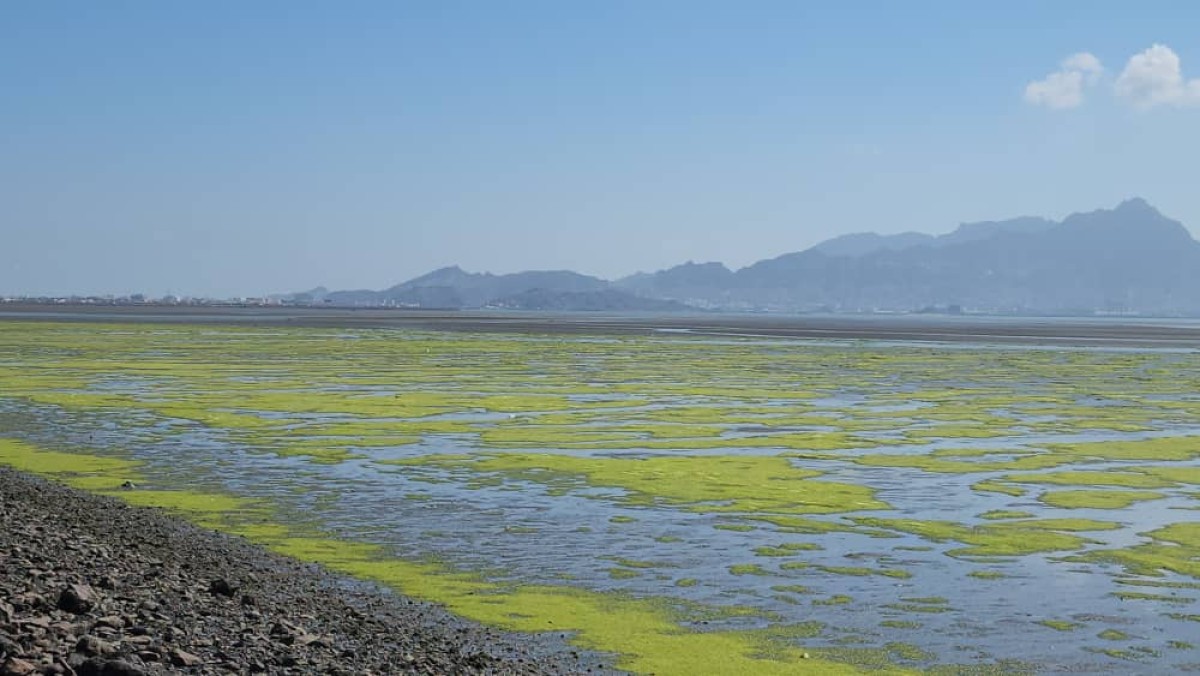The appearance of algae and waste in the salt ponds of the Pelican Reserve heralds an environmental disaster


The appearance of algae and waste in the salt ponds and the pelican reserve in Khor Maksar in the capital, Aden, has raised fears of an environmental disaster.
Citizens in Aden said that the random construction near the basins, and the drainage of sewage into them, had led to seawater mixing with sewage, which led to the appearance of algae and a change in the color of the seawater.
Citizens called on the competent authorities to take urgent action to address this problem and protect the salt basins and the swan reserve from environmental pollution.
The salt basins and the pelican reserve in Khor Maksar were among the most important tourist attractions in Aden, before they were exposed to environmental pollution, which led to their deterioration.
Despite the warnings and appeals issued by the people of Aden to protect the environment and sanitation, they did not move to fulfill their responsibilities towards protecting the environment.
Efforts of the economic institution
On a related level, the Economic Corporation in the capital, Aden, led by Anwar Al-Omari, was keen to protect the Pelican Reserve, and many showroom owners seized cars that were built on top of the salt basins, removed them, and moved all the barns that were aiming in the salt basins.
Despite these efforts, there is still a sewage pipe flowing from the sea from the western side, extending from the direction of Mansoura District.
The Economic Corporation in Aden has previously sent several memorandums to the “Environmental Protection” to address and address the competent authority to find solutions to this matter, but unfortunately, to this point, there has been no response.

